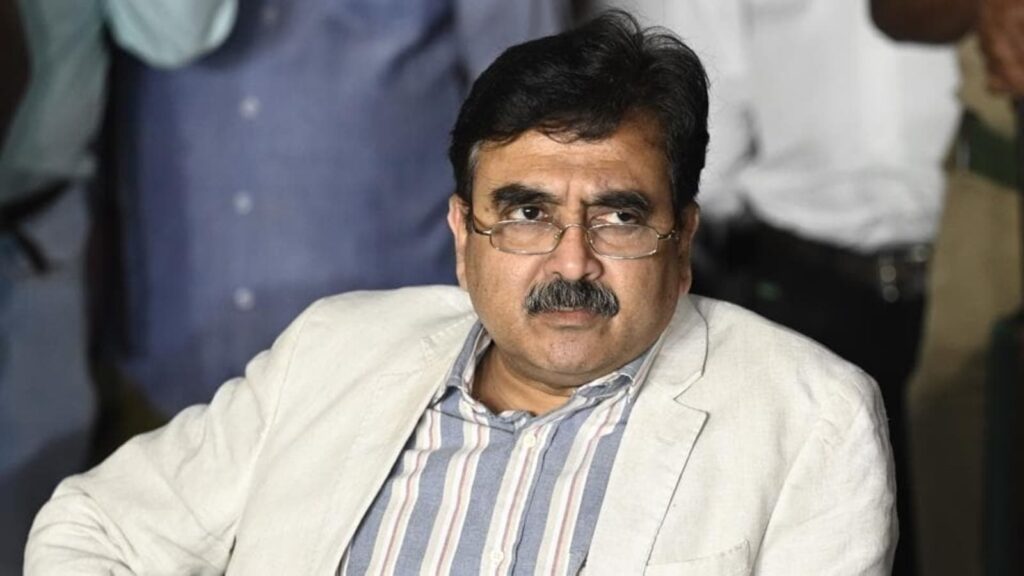The decision of Calcutta high court judge Abhijit Gangopadhyay to resign from the judiciary to join the Bharatiya Janata Party (BJP) and seek a ticket to contest the general elections is deeply problematic. Gangopadhyay has been in the limelight for his orders in high-profile cases where the West Bengal government and the Trinamool Congress (TMC) were at the receiving end. The judge’s statement — “I approached the BJP and the BJP approached me” — will undoubtedly raise the question if he gave anti-TMC rulings at the behest of the BJP, as the TMC has previously alleged.
The decision of Calcutta high court judge Abhijit Gangopadhyay to resign from the judiciary to join the Bharatiya Janata Party (BJP) and seek a ticket to contest the general elections is deeply problematic. Gangopadhyay has been in the limelight for his orders in high-profile cases where the West Bengal government and the Trinamool Congress (TMC) were at the receiving end. The judge’s statement — “I approached the BJP and the BJP approached me” — will undoubtedly raise the question if he gave anti-TMC rulings at the behest of the BJP, as the TMC has previously alleged.
Gangopadhyay’s behaviour is in stark contrast to the Bangalore principles of judicial conduct, which was adopted by a full house of the Supreme Court in 1997. It mentions six core values that judges should follow in office — independence, integrity, impartiality, propriety, equality, and competence and diligence. No statute makes these values binding on judges, but it is presumed that codes such as the Bangalore principles serve as the North Star to the judiciary. Gangopadhyay should ask himself if he passes this test. He, unfortunately, is not an exception.
A similar controversy arose in 1967 when the then Chief Justice of India, K Subba Rao, resigned to become the candidate of the joint Opposition in the presidential election. Rao’s decision attracted criticism though he did not join a political party. In the 1980s, Baharul Islam, a Supreme Court judge, resigned to join the Congress and become a Rajya Sabha MP. Gangopadhay’s call casts a shadow over the institution.
Continue reading with HT Premium Subscription
Daily E Paper I Premium Articles I Brunch E Magazine I Daily Infographics


